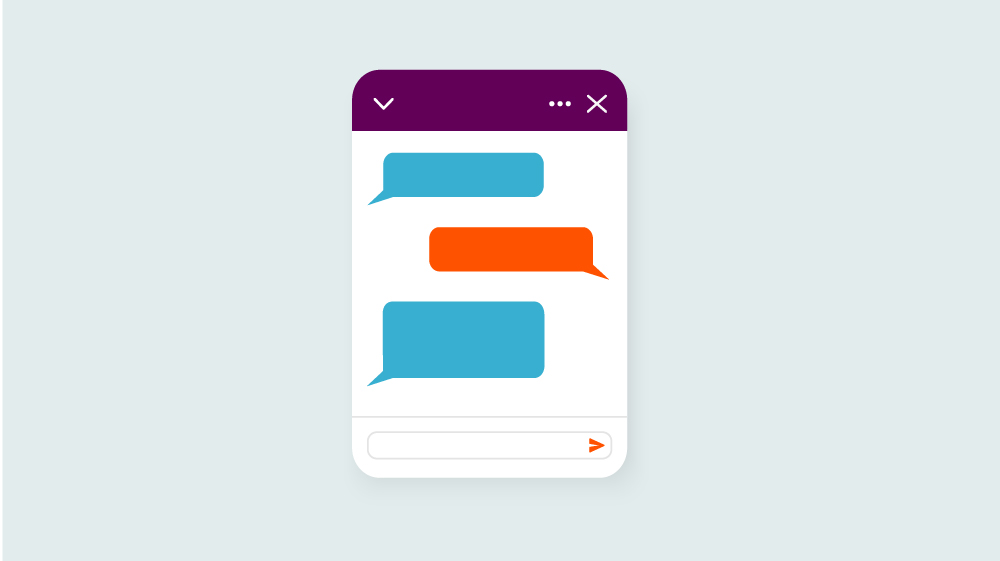It’s a pretty incredible time to be online right now.
New acronyms and companies are entering our lexicons pretty much daily it seems, based on the way Artificial Intelligence has taken centre stage.
The poster child of all of this is ChatGPT by OpenAI, which is already the talk of the town.
Many of us are already exploring the functionality and quickly learning how to use queries to help us generate content ideas, research and masses more. (I have already upset it by asking when AI will overthrow humans!)
How to use ChatGPT
ChatGPT (which stands for Generative Pre-trained Transformer) is a machine learning language model trained by OpenAI, a San Francisco-based research lab and company. The one everyone’s talking about it is a chatbot made using the company's technology GPT-3.
Not exactly the catchiest name, but it’s the internet’s best-known language processing AI model.
This particular AI is indexed to 2021 across Google; the trick with it is to learn how to ask it questions or ‘prompt’ it to get reasonable responses. This can range from questions about automating tasks, creating strategies, quotes about pretty much anything, writing blog articles even poems and short stories.
Allied to this functionality are what I would term the visual AI systems such as Dall-E, which is an absolute joy to use of you’re visual like me.
From photo-realistic imagery, to painting in the style of the masters, pop-art, pop-funk, you name it, it will deliver. If it’s not right first time, you can continue to refine.
There are also video AI systems aiming to tidy up video by removing backgrounds, providing virtual green-screening and the like. Audio AI too is available for all-around cleaning up or producing (virtually) life-like voice overs.
In marketing terms, this is riven with opportunity. Article outlines, video scripts, text to video, virtual avatars, automation of marketing functions such as SEO and sourcing of content ideas - it’s all now being delivered at little or even no cost.
Even functions such as search are having a make-over
Microsoft's Bing search engine now comes with AI search functionality and Google is responding quickly in turn. Whether Microsoft can challenge Google in any meaningful way remains to be seen, but competition must be beneficial.
The next ChatGPT iteration, known as GPT4, will be arriving in the coming weeks, marking real progress in the massive interest in the use of generative AI.
GPT4 responds much faster than GPT3 and the replies sound more human and are more detailed, according to people familiar with the product.
What will be the impact?
I’ve been playing around with much of this kit - it allows for so much improvement in day-to-day tasks. Note-taking, smart meetings, article outline creating and editing, videos where the eyes now follow the camera instead of the script, video editing… and all at breathtaking speed.
I guess it’s far too early to say how this will impact financial services, but I can’t see it not doing so.
Investment summary writing, data mining, marketing and client communications, examination submissions as well as some of what paraplanners and financial planners do directly with clients.
If the medical profession is talking about having to be better at working with AI and not against it, then I can’t see how this won’t also become the norm for the planning and supporting professions.
Just the other day in a discussion with a great financial planner, she opined on whether the regulator might wish to run their copious notes and rulebooks through an AI summarizing tool to get the salient and must understand points out with brevity built in.
For the planning profession and their clients, I do think much of this is good news. It means that the human interaction and behavioural finance aspects of the great relationships that planners have with their clients will come ever more to the fore.
